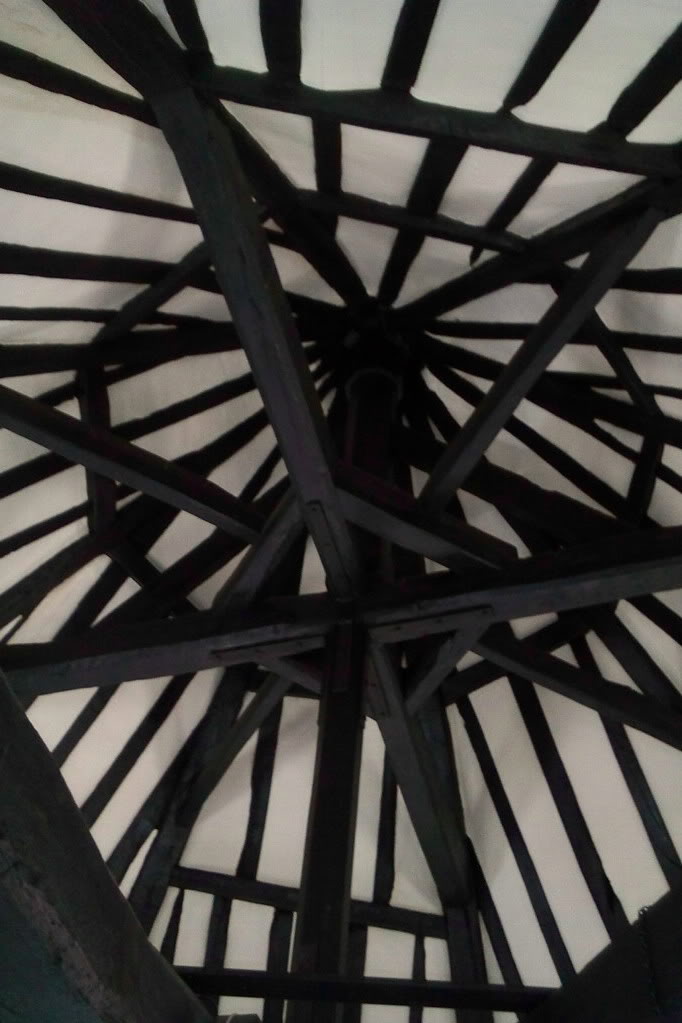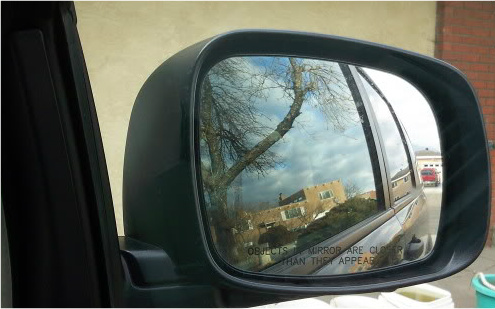What is below was written in 1994. I wanted to make it easier for other families to understand and try unschooling, and have been doing that ever since.
Our daily plans are nebulous, and although we might schedule a trip to the zoo or a papier-mâché day (something that takes a clean table and a lot of setup and no big interruptions), we don't have something scheduled on most days, and we don't "educationalize" trips to zoos and museums and such. We just go, and what we read or see is discussed, but not in a scheduled, checklist way.
There are several ways that I get ideas and resources. I have e-mail friends. I have a few local friends who homeschool but the homeschool scene is too structured for my tastes. I'm a member of the state organization and I get some good ideas from their newsletters. When I was beginning to homeschool, I got reassurance from a friend who has four older children. Her philosophy is that as long as they know things by the time they go on dates or get married, it doesn't matter how soon or in what order they learn them.
Family Fun Magazine has some good ideas and I have some books on arts and science projects. Nothing has helped as much as reading
Growing Without Schooling.
 SandraDodd.com/pinkcrayons
SandraDodd.com/pinkcrayons
Update, 25 years later:
Earlier this week, Keith and I were at the old house (the house we were in when kids were young) watching Ivan (Marty's baby, who's 16 months old). I commented on the brick floor I had put in the entryway, and said I don't know how I had the energy to do that, but I liked the pattern, and it was still in good shape.
The friend mentioned above is Carol Rice (with the four kids and the good advice). Just recently, for a few months, she and Kirby were both working at Albuquerque Healthcare for the Homeless—she as a permanent employee, and Kirby as a contract IT guy.


















